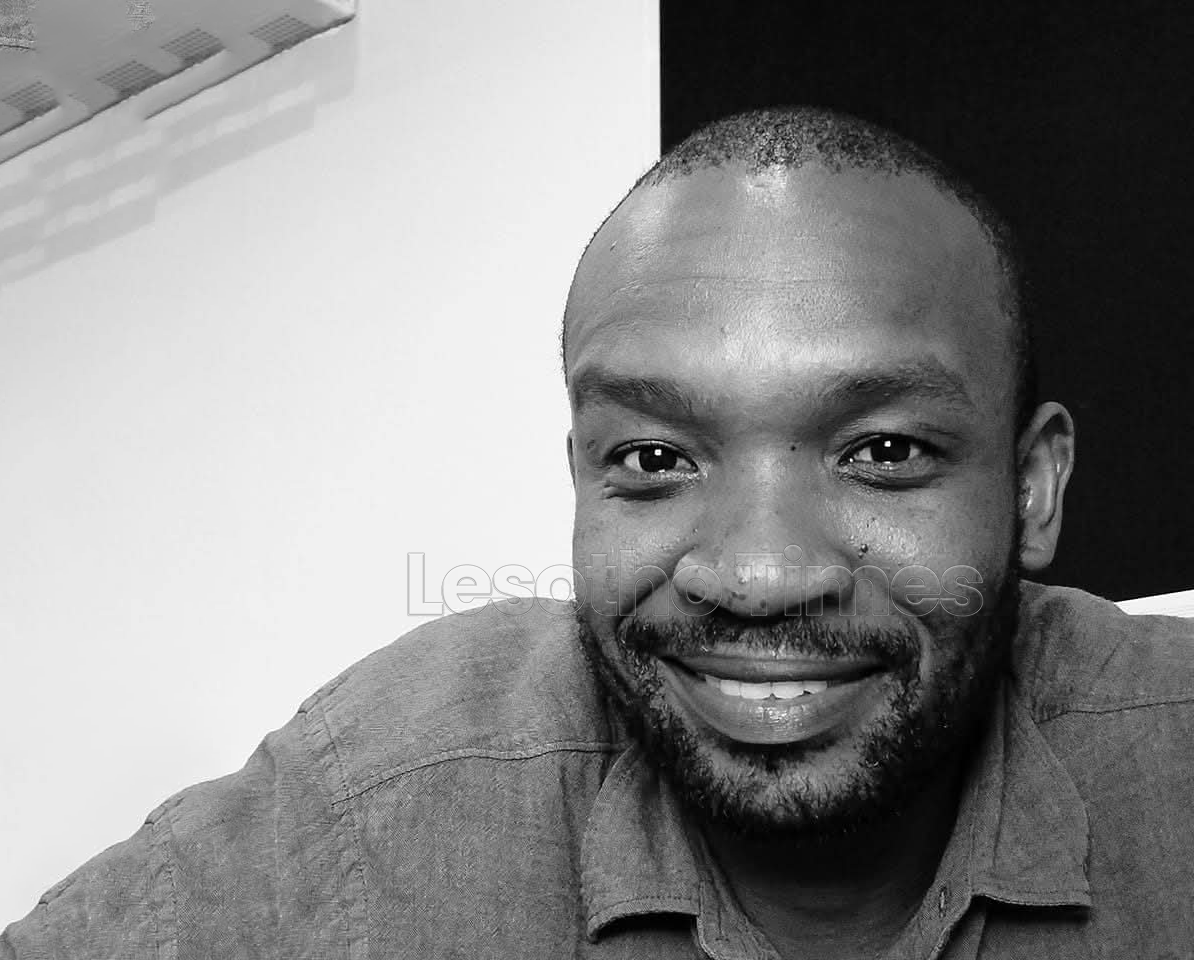Atang Mantutle; Political Analyst
Lesotho will never get the Free State back-it was conquered. That is the historical reality but the story must still be told. The bones of ancestors lie in the belly of the Free State where the blood of valorous Basotho men once struck fear into oblivion, took heart and fought for what they stood for and this included fighting for their land. Our blood still runs in the veins of modern Free State Basotho and others scattered in other provinces.
From a political economy standpoint, South Africa will not surrender land with such agricultural and strategic value. The viable strategy is not to fight for what we cannot win militarily but to integrate smartly perhaps by softening the border until it is economically and socially porous. Of course, the caveat here is that South Africa struggles with Afrophobia and, in some cases, xenophobia. This would mean freer movement for people, goods and services while also retaining Lesotho’s sovereignty. Done right, this is the closest we can get to reclaiming the shared life that history took from us.
Domestic and foreign policy background
For any foreign policy to truly secure Lesotho’s national interests, there ‘ought’ to be at the institutional level, an expressed intention to build a domestic policy that is socialist in nature. This would ensure that whatever we secure internationally is evenly distributed and accessible to all Basotho. A global comparative example anchoring this example is China which was at some point regarded poor. The socialist angle would be premised on-for example-participatory budgeting, strengthening watchdog institutions like the DCEO or legally mandated redistributive frameworks which might include decentralization through devolution.
Currently, all state behaviour-past and present appears capitalist in both domestic and international posture, with government officials identifying opportunities abroad only to serve their own private interests at home. A wise man once said: a house’s value is the wellbeing it delivers to its people. This becomes more critical when we consider strategic resources. The political atmosphere surrounding Lipholo’s arrest is marked by a backdrop of South Africa’s announcing of the discovery of helium-a resource in high demand for medical and tech industries yet…interestingly this is found in the Free State. According to a Daily Maverick article from 2024, Renergen’s Tetra4 Virginia Gas Project, South Africa’s first LNG and liquid helium plant and one of only 15 globally, is set to see an investment of R20 billion for its phase 2. International reports suggest that the helium there may be among the richest and cleanest in the world. As such, foreign policy decisions that allude to the Free State carry high-stakes.
If the allegations are true,
If there is credible evidence to prove that Dr. Lipholo sought foreign military support to reclaim land from South Africa, the results would be severe as Pretoria, potentially SADC, would treat this as a destabilizing act originating from within Lesotho’s borders. This could trigger, inter alia:
- Regional security backlash under SADC’s mutual defence pact and AU norms against unconstitutional or violent territorial change
- Hardened borders with South Africa, killing the prospect of gradual economic integration
- Lesotho would be suspected of involving the United States and Israel-drawing herself into great-power rivalries she can’t manage
If there is no credible evidence
In the event that there is no credible evidence, the results would still be quite serious.
- Lesotho risks appearing as though it is pushing Pretoria’s security agenda by prosecuting its own politicians who also happen to be in the Opposition.
- This perception would erode Lesotho’s sovereignty in the eyes of the other SADC members
- It would also undermine domestic trust in the state’s commitment to rule of law, democratic consolidation and the political will to pursue future integration talks from a position of relative strength
- All diplomatic engagements of a transactional nature, aiming for more revenue considering the impact of Lesotho’s water in the Gauteng province could be compromised
Either way, Dr. Lipholo’s case carries strategic consequences far beyond the courtroom. Without evidence, attempts to implicate the USA in his actions reflect foreign policy inertia especially when the BRICS+ infrastructure remains unready to rival U.S.-led global systems and we are still reeling from the ramifications of President Trump’s tariffs. In Realist terms, alienating a dominant power without a credible alternative is not strategy; it is weakening your state in an already anarchic self-help system. Without claiming diplomatic expertise, Lesotho might be better off as a non-aligned partner while avoiding zero-sum entanglements.
Lesotho’s best long-term play is clear: we should deepen economic and social integration with South Africa while protecting political sovereignty through striking a good balance between capitalist oriented foreign policy and a socialist-oriented domestic policy so the benefits will be measured in the improved socioeconomic lives of Basotho. Anything that undermines this trajectory, whether reckless adventurism or politically motivated prosecutions weakens our national interest.
In conclusion, the dream of reclaiming the Free State militarily is gone; the possibility of reclaiming a shared economic and social space is not. That vision-a softer border, deeper integration and shared prosperity can only survive if Lesotho guards its institutional integrity, practices disciplined diplomacy and avoids turning foreign policy into a partisan weapon. Our ancestors fought for land; we should fight for governance credibility and economic leverage. Reckless adventurism or politically tainted prosecutions will not create a conducive environment for people who share blood, resources and destiny to co-exist.

